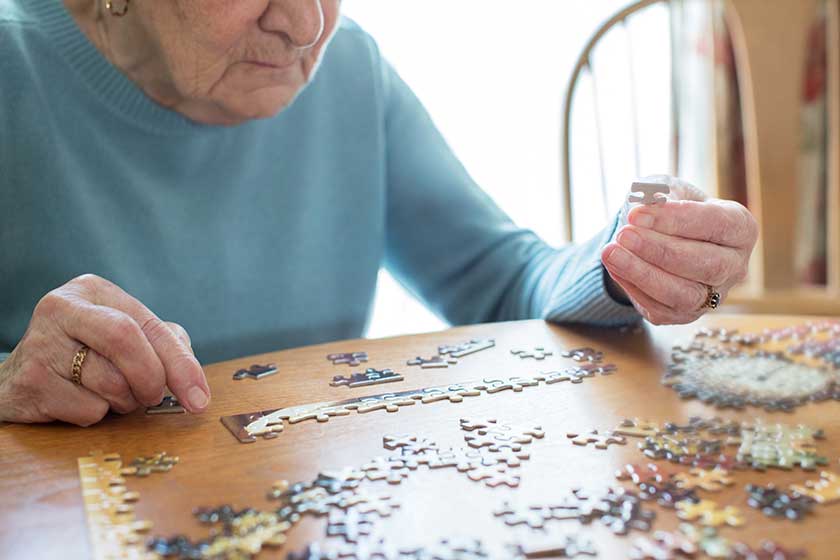Our bodies and minds undergo various transformations. One of the areas most affected by the passage of time is cognitive function, particularly in seniors. Understanding these changes is crucial for both seniors and their caregivers, as it provides insights into managing and potentially mitigating the effects of aging on the brain.
Understanding Cognitive Decline
Cognitive function encompasses several mental abilities including learning, thinking, reasoning, problem-solving, decision-making, remembering, and attention. As we enter our senior years, it’s common to experience some degree of cognitive decline. This is a normal part of aging, and while it can be concerning, it’s important to distinguish normal age-related changes from more serious conditions like dementia and Alzheimer’s disease.
Normal cognitive aging may result in slower processing speeds and difficulties with multitasking, but everyday competence and knowledge, such as vocabulary and general wisdom, often remain intact. This selective change in cognitive abilities can be attributed to changes in brain structure and function, including reduced brain volume and decreased efficiency of brain networks.
Factors Influencing Cognitive Health in Seniors
Numerous factors can influence cognitive health as we age. Genetics plays a role, but lifestyle choices and environmental factors are also significant. These include:
- Physical Activity: Regular exercise has been shown to increase blood flow to the brain, which may help maintain cognitive function.
- Diet and Nutrition: Diets rich in fruits, vegetables, fish, and nuts that provide essential nutrients like omega-3 fatty acids, antioxidants, and vitamins can support brain health.
- Mental Stimulation: Engaging in activities that challenge the brain, such as puzzles, reading, or learning new skills, can help maintain cognitive function.
- Social Engagement: Staying socially active can ward off depression and stress, both of which can contribute to cognitive decline.
Understanding these factors can empower seniors and their families to take proactive steps in maintaining mental acuity.
Strategies to Mitigate Cognitive Decline
While some cognitive decline with age is inevitable, there are numerous ways to slow this process and maintain brain health:
- Healthy Lifestyle Choices: Emphasizing a balanced diet, regular physical activity, and adequate sleep can significantly affect cognitive health.
- Cognitive Training and Rehabilitation: Programs designed to train memory, problem-solving skills, and processing speed can help enhance cognitive function.
- Management of Chronic Conditions: Conditions like diabetes, high blood pressure, and obesity are linked to cognitive decline. Managing these through medical intervention and lifestyle changes can mitigate their impact.
- Regular Check-ups: Frequent health assessments can help detect problems before they escalate into more severe issues.
The Role of Medical Interventions
In some cases, medications may be prescribed to manage symptoms of cognitive decline. However, the focus is increasingly shifting towards prevention and lifestyle modifications as the most beneficial approach for the majority of seniors. It’s crucial for healthcare providers to consider the whole person, taking into account the physical, mental, and emotional aspects of cognitive health.
Encouraging a Supportive Environment
Creating a supportive environment for seniors is essential. This includes physical safety in the home, emotional support through family and community, and intellectual engagement through accessible community programs and resources. The journey through aging is unique for every individual, but the cognitive changes that accompany it are a common thread. By understanding these changes and adopting strategies to manage them, seniors can enjoy a quality of life that is both productive and fulfilling. Remember, cognitive decline is not an inevitable part of aging, and with the right tools and support, everyone can strive for a mentally active and engaged life.
At our Personal Care community, we are committed to creating this supportive environment. We provide comprehensive safety measures, foster strong community connections, and offer a variety of intellectual and recreational activities designed to keep our residents engaged and fulfilled. If you or your loved one is seeking a vibrant, supportive community, reach out to us today to learn how we can help enhance your quality of life.







